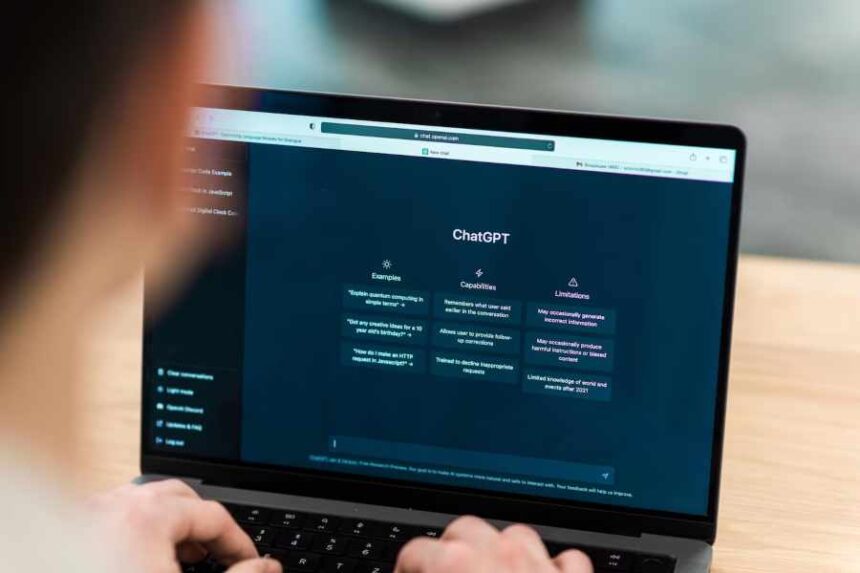Imagine a world where anyone, anywhere, could access accurate medical advice at the touch of a button. With medical ChatGPT, this is no longer a far-fetched idea but a growing reality. ChatGPT, a cutting-edge AI technology, is making waves across industries, and healthcare is no exception. From addressing the shortage of healthcare professionals to breaking down barriers caused by geography and language, ChatGPT offers innovative solutions to age-old challenges. This article explores how this transformative technology can fill critical gaps in healthcare delivery worldwide, especially in regions that need it most.
The State of Global Healthcare Accessibility
Challenges in Healthcare Access
Access to healthcare remains a significant challenge for millions globally. Geographical limitations, such as rural populations living far from medical facilities, hinder timely medical care. Financial constraints make even basic healthcare unaffordable for many. Additionally, there is a stark shortage of medical professionals—according to the World Health Organization, the global deficit of healthcare workers is projected to reach 10 million by 2030. These barriers leave many individuals without the necessary care, exacerbating health disparities.
Role of Technology in Bridging Gaps
Technology has long been a tool for progress, and its role in healthcare is no different. Telemedicine, mobile health apps, and wearable devices have paved the way for improved access. AI-powered tools like ChatGPT are stepping in to bridge these gaps further. By offering instant, accurate, and multilingual support, ChatGPT enables faster communication, empowers patients with knowledge, and enhances the reach of medical professionals. This evolution marks a significant step toward democratizing healthcare for all.
Applications of ChatGPT in Global Healthcare
Virtual Health Assistants
One of the most impactful uses of ChatGPT in healthcare is as a virtual assistant. Imagine needing quick advice on a lingering symptom or understanding medication side effects—ChatGPT provides instant responses tailored to your query. This not only reduces patient wait times but also ensures 24/7 availability. This service can be life-changing for people in remote areas, acting as the first point of contact before seeking more extensive care.
Patient Education and Awareness
Informed patients are healthier patients. ChatGPT simplifies complex medical jargon into easy-to-understand language, empowering individuals to take charge of their health. Its ability to support multiple languages ensures that even non-English speakers can access reliable information. For example, healthcare ChatGPT use cases in underserved communities include educating individuals about disease prevention and treatment options and fostering better health literacy.
Supporting Healthcare Professionals
ChatGPT in the medical field serves as a valuable ally for overburdened healthcare providers. It can summarize patient histories, suggest potential diagnoses, and even assist in drafting treatment plans. This reduces administrative burdens and allows professionals to focus on delivering quality care. With accurate and timely support, ChatGPT in healthcare helps enhance efficiency and job satisfaction among medical staff.
Benefits of ChatGPT for Healthcare Accessibility
Cost-Effective Solutions
ChatGPT in the healthcare industry offers a cost-effective approach to addressing healthcare disparities. Automating routine tasks and minimizing unnecessary visits reduces the financial burden on patients and healthcare systems. For underserved regions where affordability is a key barrier, ChatGPT presents a scalable and budget-friendly solution.
Overcoming Geographical Barriers
Think of ChatGPT as a digital bridge connecting patients in remote areas to vital medical resources. Whether a farmer in a rural village seeks advice on an injury or a student manages chronic conditions away from home, ChatGPT for healthcare can provide virtual consultations. Its integration with telemedicine platforms enhances its potential, offering a seamless experience for users worldwide.
Challenges and Ethical Considerations
Data Privacy and Security
With great power comes great responsibility. One of the primary concerns surrounding ChatGPT uses in healthcare is data privacy. Handling sensitive medical information requires robust safeguards to prevent breaches. Healthcare providers must ensure that ChatGPT operates within strict regulatory frameworks like HIPAA or GDPR. Implementing encryption and regular audits can help maintain trust and security.
Accuracy and Reliability
AI is only as good as the data it’s trained on. Ensuring that chat GPT in healthcare delivers evidence-based, accurate information is critical. While ChatGPT can provide knowledge, human oversight remains essential to prevent potential misinformation. Collaborative training with healthcare experts can help mitigate this risk.
The Future of ChatGPT in Healthcare
Integration with Existing Systems
To fully realize its potential, ChatGPT in healthcare must integrate seamlessly with current systems. This includes working alongside telemedicine platforms, hospital databases, and public health initiatives. ChatGPT can enhance the overall efficiency and quality of healthcare delivery by complementing human expertise rather than replacing it.
Scaling for Global Impact
Scalability is the key to addressing global healthcare challenges. Future advancements include real-time data analysis, predictive diagnostics, and personalized health recommendations. With these enhancements, ChatGPT’s use in healthcare can address the diverse needs of populations worldwide, bringing us closer to universal health coverage.
Case Studies: Early Implementations of ChatGPT in Healthcare
Example 1: Rural Health Initiatives
In a pilot project in Sub-Saharan Africa, ChatGPT was deployed to provide essential health consultations in areas with limited medical infrastructure. Answering queries and guiding users to nearby clinics significantly improved healthcare access for thousands.
Example 2: Language-Specific Health Education
A community health program in Southeast Asia used ChatGPT to educate locals about disease prevention in their native languages. This initiative saw increased community engagement and better health outcomes, showcasing the power of AI in breaking language barriers.
Conclusion
From virtual health assistants to empowering underserved communities, ChatGPT is transforming how we think about healthcare delivery. However, realizing its full potential requires addressing challenges like data security and accuracy. As technology continues to evolve, chatgpt in the healthcare industry promises to make quality healthcare a universal reality. By embracing innovation and collaboration, we can build a healthier, more accessible future for all.




